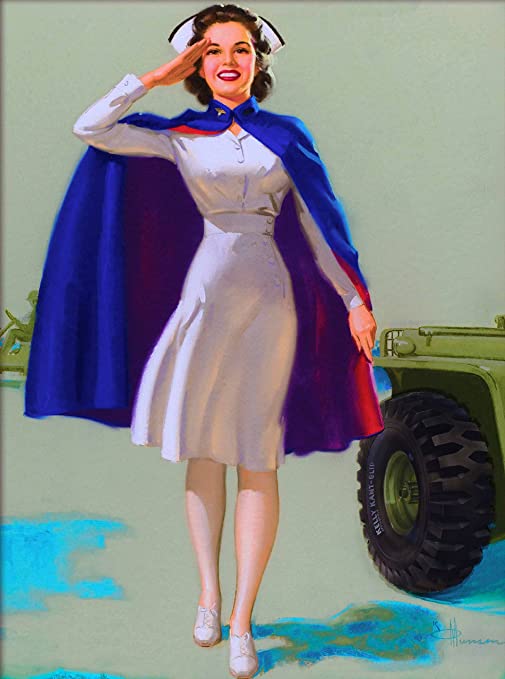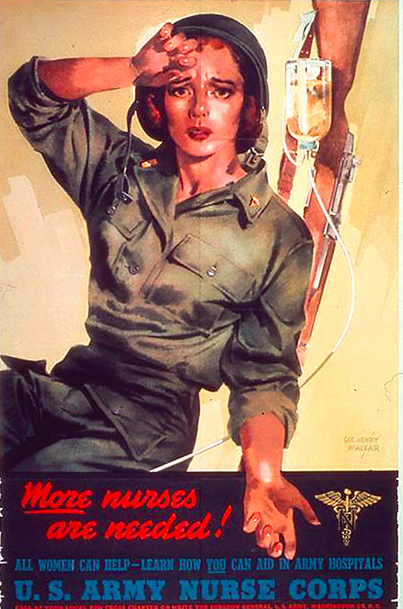 Today I was officially approved for Medicaid. I have no shame about it; am just grateful it’s an option. Next year I turn 50 and though I have great faith in my ability to heal through alternative healing modalities I know that if have a health catastrophe it’ll be helpful to have a safety net of some sort.
Today I was officially approved for Medicaid. I have no shame about it; am just grateful it’s an option. Next year I turn 50 and though I have great faith in my ability to heal through alternative healing modalities I know that if have a health catastrophe it’ll be helpful to have a safety net of some sort.
If I’m being honest it’s been 10 years since I’ve been insured-that’s the time that’s elapsed since I’ve held a salaried job. Since then I’ve I’ve been unwilling to pony up a hefty percentage of my monthly nut for such a broken system. I don’t like bureaucracy. I don’t like western medicine and its incredibly limited scope and solutions. I don’t like hierarchal bullshit of any sort, especially as applied to areas of vulnerability.
When I was in my 20s I underwent a significant health crisis. My lifelong eating disorder had become so protracted that by the time I’d addressed the psychological underpinnings of the disease I’d developed severe autoimmune and digestive disorders. Down to 85 pounds, I’d sustained significant cardiovascular damage and a stomach that no longer produced hydrochloric acid, which meant I couldn’t metabolize nutrition.
Then as now I was un-insured but in the mid-’90s you still could see a doctor if you were willing to pay out-of-pocket. So I ran through the minimal savings I’d accrued as a labor organizer to get shuffled from shitty doctor to shitty doctor–undergoing expensive torture-chamber tests (pro tip: never get a endoscopy without getting knocked out first), and getting prescribed boatloads of medication that severely compounded my issues.
Eventually I took matters in my own hands, cast a spell to manifest the right health allies, and began to work with an osteopath and naturopath who were more effective healers of chronic illness than any western medical specialist I’ve encountered. From this experience I realized that only I fully knew my body and its capabilities. This is a lesson we are never taught, as the displacement of our inner resources–the dissociation from our strengths and self-love–is crucial to capitalist culture.
That was the last time I ever sought help from the traditional medical establishment, and I’m surprised I tried even then. For as long as I can remember I have felt a black-hole hatred for the greed and unearned arrogance built into the US healthcare establishment. Even as a child I could see how it disrespected, disregarded, and abused my extended family because it is low-income.
I believe my grandmother Alice May, who is the real star of my memoir, would have lived at least another five years had she not been on public assistance and thus improperly diagnosed when she first got sick. She died months before my high school graduation, which destroyed me because I might never have crossed that finish line without her lion-hearted concern.
Ten years ago, when I gained consciousness in an emergency room after breaking a vertebrae in my neck and sustaining a severe concussion in an accident, I was not even wiling to spend the night. Instead I put myself in the hands of a radically talented acupuncturist who restored a mobility the ER doctors told me I’d never regain. And last fall, when my back went out so badly that I couldn’t stand or walk, I bypassed Western medicine’s ridiculous offerings–addictive pain meds without a workable healing plan–to put myself in the hands of the brilliant energy worker Jennifer Sokolov. I’m very glad I did.
I feel a great mistrust in all official institutions, honestly. To my mind, governmental services are engineered to keep everyone except the 10 and now 1 percent off-kilter and on an unhappy treadmill. But Covid has restored my belief in the beautiful commitment of healthcare workers if not the grody marriage of capitalism and healthcare. I now understand that many in conventional medical systems wish to help, but are hamstrung by Orwellian limitations.
 Even now it scares me to invite the government into any aspect of my life, let alone my actual body, but there are so few things it is doing well that I may as well cash in on one service that is available to me (to the degree any of us can avail ourselves of non-acute care right now).
Even now it scares me to invite the government into any aspect of my life, let alone my actual body, but there are so few things it is doing well that I may as well cash in on one service that is available to me (to the degree any of us can avail ourselves of non-acute care right now).
I’m not sure why I’m downloading all this except to highlight the tendency to objectify the poor as a “them.” Capitalism has infected our sense of worth so that even in new-age circles, poverty is associated with spiritual and intellectual impediments, and abundance with prosperity, though true abundance is simply enough for all.
The truth is that for most of my life “the poor” has been an “us,” and I am sorry to say more and more people will join our ranks in the months to come. Things are going to get a lot worse–a lot–before they get better, and we should take every possible precaution for as long as we can. More than that, we should decide what is really worth rebuilding. I send love and safety nets galore to all who’ve made it to the end of this post.
